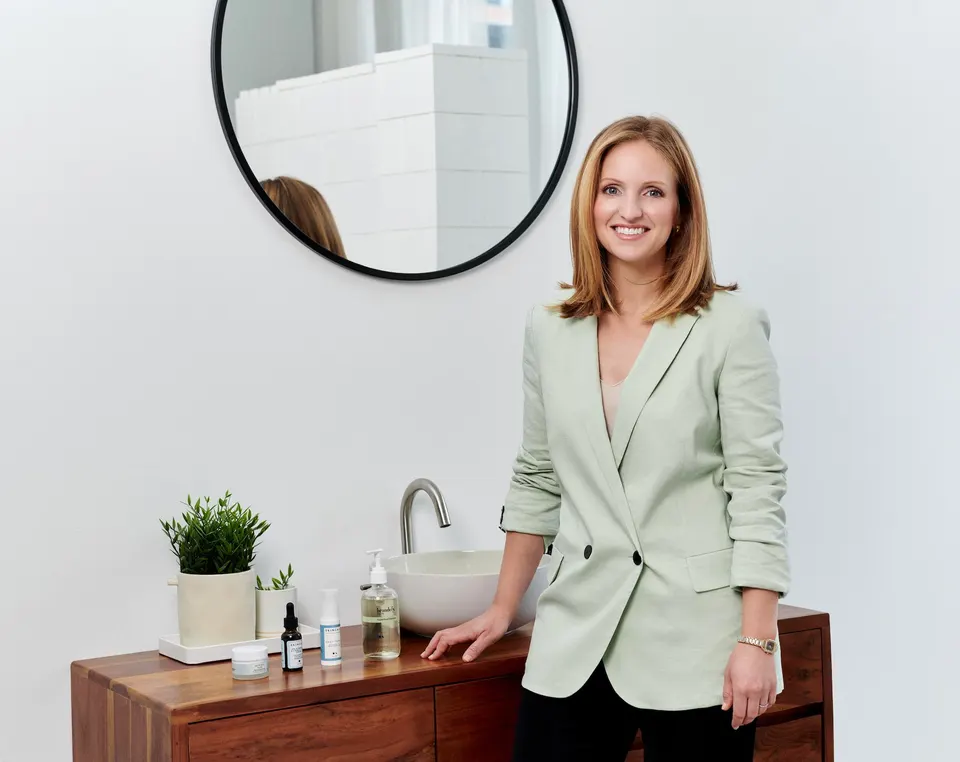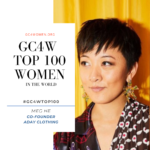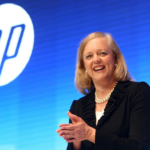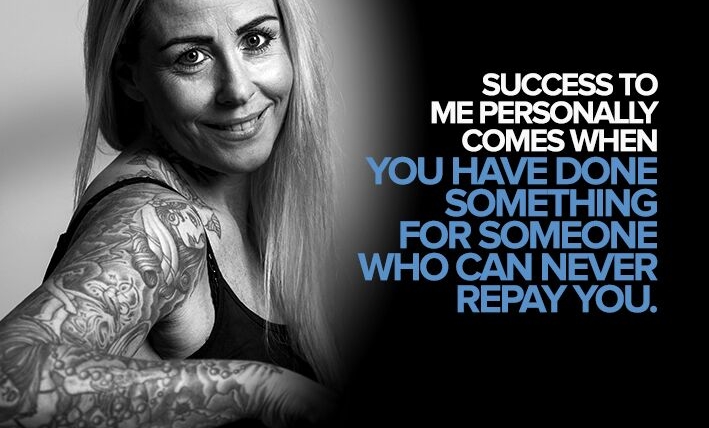
How Brandefy Founder Meg Pryde Is Democratizing The Way We Shop Beauty
Meg Pryde was fresh out of college and working in consumer packaged goods when she discovered something shocking: a single product would end up in two different containers with two different labels, one commanding a high $40 price tag and the other, a mere $10. Simply put, it seemed the only actual difference was in the marketing. “I was very naive at the time, but I just couldn’t believe this was happening,” she recalls. “I thought surely there must be a way to use technology and community to help consumers know when they’re getting the best deal.”
Pryde quickly realized that of all of the consumer product categories she touched, beauty was by far the most lacking when it came to transparency. So, in 2018, after familiarizing herself with the space and its customers, she founded Brandefy, an app and online platform where users could share feedback on beauty products with a group of like-minded people. Launching with roughly 80 product pages, the site soon introduced a ‘community’ section, when Pryde noticed how many questions came up on the platform.
“Customers wanted more from us, and we became this resource for them for any skincare question they had—whether they could use a retinol alongside certain products, if they could use something during pregnancy, what the best primer is for a wedding, really the full gamut,” the founder says. “So, I got a real taste for what the average consumer is looking for at any given point.” It also gave her an unfiltered read on industry trends—not those predicted by magazines, influencers, and beauty experts with no budget but rather, those driven by real-world customers.
The findings weren’t all that surprising to Pryde. In fact, they were exactly what she’d predicted: most users wanted affordable beauty, and more than that, they wanted affordable beauty that worked just as well as higher-priced products. Basically, the founder says, they wanted really good dupes. So, knowing that Brandefy’s community members knew these products firsthand, Pryde turned to them to compare the industry’s most high-end, luxury products to low-price, drugstore alternatives. Based on these reviews, the site assigns each product a “similarity score,” which helps customers determine where it makes sense to spend more and where they can save.
For instance, Milani’s Pure Passion Eyeshadow Palette ($17) earns a 93% similarity score to Charlotte Tilbury’s Luxury Eyeshadow Palette-Pillow Talk of Pops ($58), and many reviewers even write that they prefer the lower-priced palette. Earth to Skin’s Super Fruits Avocado Overnight Mask ($15), meanwhile, is considered only a 41% match to Glow Recipe’s Avocado Melt Retinol Face Sleeping Mask ($42), with one user saying the former doesn’t even come close to the more expensive product.
In the last year or so, as inflation has risen rapidly and consumers across the country have been forced to tighten their purse strings and cut out any unnecessary spending, Brandefy has only seen this trend toward affordable beauty grow. “We’ve just become a hundred times more relevant,” Pryde explains. “Suddenly, we have all these new consumers who might not have been concerned with what they were spending on beauty in the past but now have to be.”
But as demand for lower-priced options has increased more and more by the day, Pryde started to spot some serious gaps in the market. For a not-insignificant number of luxury products, there were no suitable dupes, and customers were left with no choice but to spring for the expensive versions or settle for a much lesser product. So, the Brandefy founder decided to create some, with its own in-house skincare line, Brandefy Skin.
“If you had told me when I launched the app that we were going to launch our own skincare brand, I would’ve said you’re crazy. Absolutely not,” Pryde says. “But it became very apparent over time that it was the right thing to do.”
Using the data generated from members’ searches, Brandefy is able to determine which products consumers want most and sets about making them itself. “We don’t have any bells and whistles, and our packaging is nothing special,” Pryde notes. “But our formulas are incredible because we partner with all the same manufacturers that make the expensive labels. So, you’re getting really great quality, but we’re selling directly to the consumer at a much lower margin.”
Each of the eight SKUs Brandefy Skin has launched over the last 18 months is designed to replace a bestselling (but pricey) product in consumers’ skincare routines. And without naming names, Pryde says the line includes a $29 alternative to a $70 moisturizer, a $49 version of a $182 serum, and a $22 substitute for a $68 cleanser. “And to be honest, our prices are not as low as I want them to be, and I’d like to get them even lower over time,” Pryde adds, breaking with the industry norm of raising prices in response to inflation.
The founder expects Brandefy Skin will continue to surge in popularity and expand its offerings just as the platform itself continues to grow. With roughly half a million downloads of the app to date, Pryde points out that she and her team have seen steady increases over the last year, which she believes is a harbinger of market trends. “I think the whole industry is kind of watching to see what happens,” she says. “But I do think the brands that are more transparent—in price, in ingredients, everything—are ultimately going to win. So, I’m very excited for the future of Brandefy and its role in the larger shake-ups in the beauty world.”





